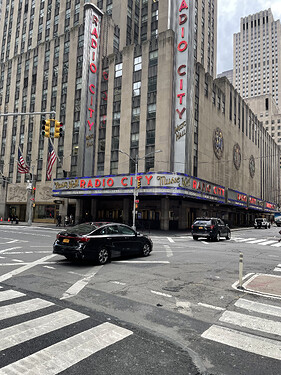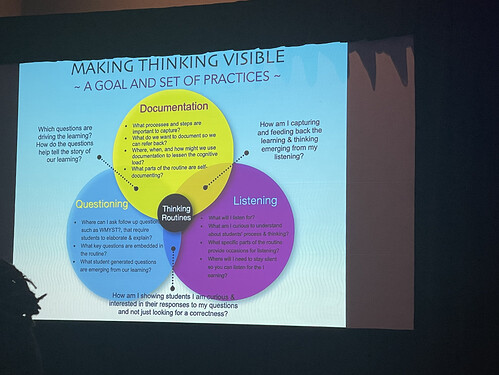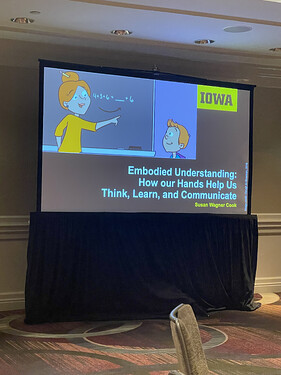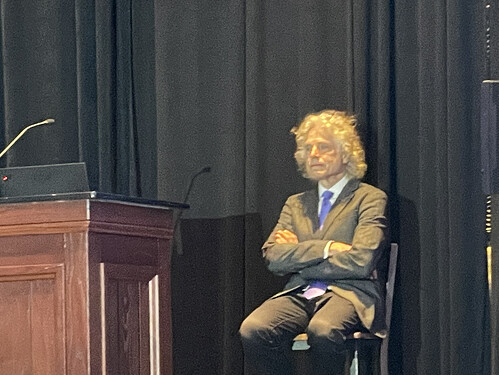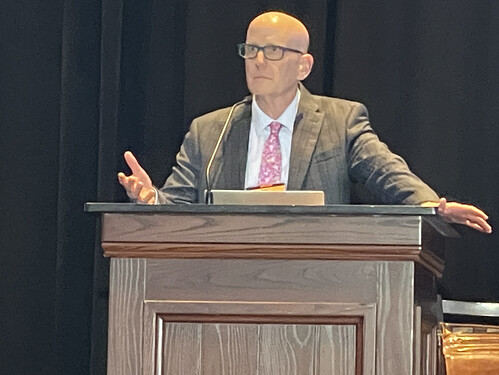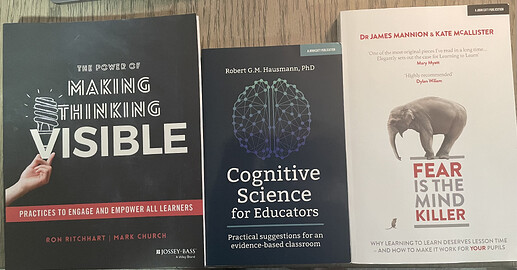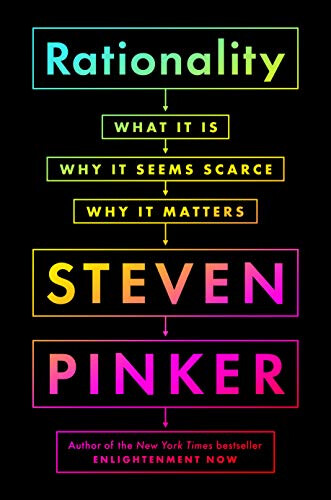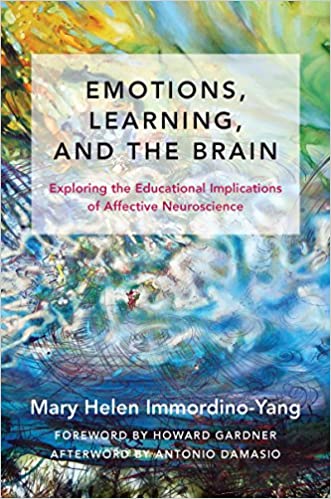This weekend, I had the pleasure of attending the Learning and the Brain Conference. It was located in the Sheraton Hotel in NYC.
From the website:
This conference will explore the science behind, and strategies for, building knowledge, critical thinking, and expertise. Discover how to hone students’ reasoning skills; teach critical and complex thinking; improve reading and media literacy; develop metacognition, executive, math, and problem-solving skills; and gain knowledge about the important role of emotions, embodied cognition, and hand gestures for improving learning, memory, and thinking.
The conference was amazing. Lots to take away and think about further. The first lecture I attended was from Ronald Ritchie, Senior Research Associate, Harvard Project Zero, Harvard Graduate School of Education.
Main takeaway: Document to tell the story of learning - really good. Learning journey is punctuated by questions, evolving questions. New questions.
I always think about how this relates to the Eng Design Notebook. I get frustrated when I see students/teams just talk about procedural items (Do I need to write in pen?) and not discussing the documentation of learning.
Next, I saw a presentation from Cog Scientist from the Univ of Iowa.
She was all about embodied learning/cognition. For example, did you know that blind people still talk with their hands? I thought this was fascinating. Her presentation was all about the role of gestures (hands, body) in communication. I’m not sure what the practical application is, but I think there is something there about the importance of hands-on learning for our youngest students, and how it also helps literacy.
The “big name” at the conference was Steven Pinker.
He has a new book out on rationality. As you would expect, he gave an excellent presentation. I bought his book (I bought a lot of books). Of course, the highlight for me was:
My good friend, Dan Willingham. I say good friend because I got to meet and chat with him. We are besties now. Yes, his presentations were brilliant. He talked about the science of reading and the science behind motivation. Great stuff.
What may have been my favorite lecture was from Mary Helen Immordino-Yang, EdD, Director, USC Center for Affective Neuroscience, Development, Learning, and Education (CANDLE). What is affective neuroscience? Great question. Affective neuroscience aims to understand how matter (brain structures and chemicals) creates one of the most fascinating aspects of mind, the emotions. And then, how emotions impact our learning. Check out this quote:
Educational theories pay attention to procedural learning but not episodic - experience, feeling, making meaning. Procedural learning in the service of what? We should be emphasizing learning In the service of the story of the child building who they are
That is a quote that will be rattling inside of my brain for the next few weeks.
All in all, as I mentioned, great conference. If you have any questions, feel free to post them below.
